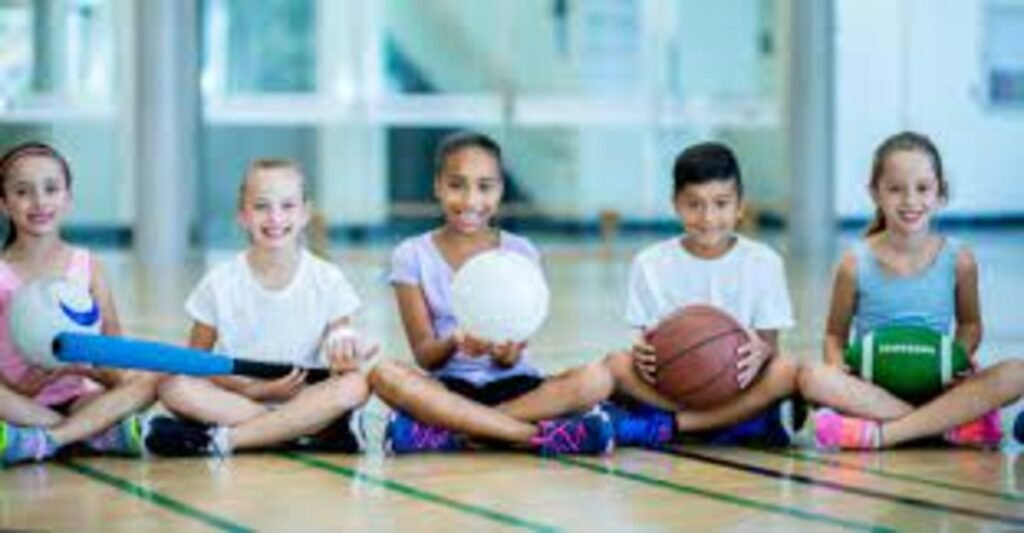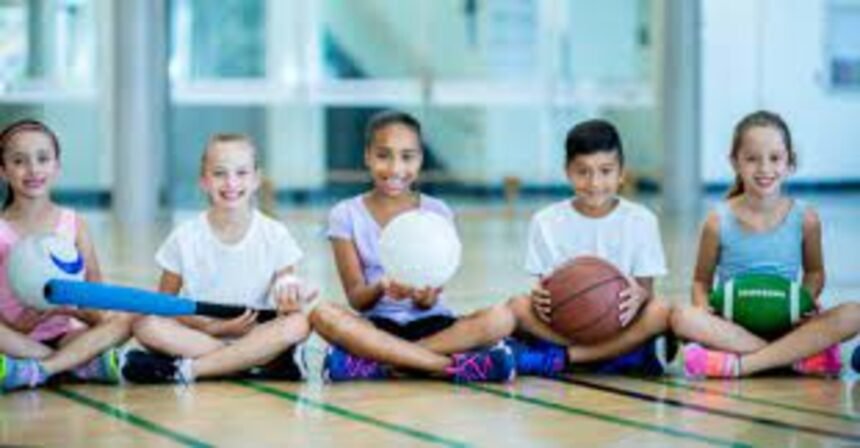
Introduction:
In the pursuit of academic excellence, educators and parents often focus on traditional methods such as study techniques and cognitive training. However, recent research sheds light on a less conventional yet highly effective approach: incorporating physical activity into a student’s routine. Physical activity has proven to be a powerful tool in boosting brain function, improving mental health, and enhancing overall classroom performance. This article delves into the findings of various studies, highlighting three key exercises that experts suggest can significantly contribute to students’ success in school.
The Link Between Physical Activity and Academic Performance:
The correlation between physical activity and academic achievement is not a mere coincidence. Multiple studies, including a groundbreaking research conducted by the University of Eastern Finland, demonstrate a compelling connection between exercise and scholastic success. This study, which involved over 34,000 adolescent Finnish students, revealed that students with active commutes to school, such as walking or cycling, displayed higher odds of strong academic performance and self-reported confidence in their academic skills. Moreover, engaging in leisure-time physical activities for as little as 30 minutes a week was associated with a remarkable 24% reduction in school burnout, a common issue among students facing excessive stress.
Walking: A Path to Improved Focus and Memory:
Walking, often underestimated, emerges as a pivotal activity in enhancing students’ cognitive capabilities. The Committee on Physical Activity and Physical Education in the School Environment and Food and Nutrition Board discovered that moderate-intensity walking has a profound impact on the ability to focus on a single task. In the classroom environment, where distractions abound, students who engage in regular walking demonstrate an improved capacity to balance tasks, retain information, and follow class procedures. The positive effects of walking extend to memory and learning, primarily attributed to enhanced neurogenesis, the growth and development of neurons in the brain. Moreover, leisure-time walking fosters self-esteem, confidence, and improved mental health, collectively contributing to a more favorable learning experience.
Cycling: Pedalling Towards Independence and Cognitive Growth:
Riding a bicycle not only promotes physical fitness but also fosters emotional and cognitive development, translating into distinct classroom advantages. A 2021 study highlighted the significance of cycling in enhancing exploration, independence, and social skills, all of which positively influence academic performance. Cycling stimulates various cognitive functions, including memory, cognition, attention, and body awareness. Children who cycle to school exhibit higher levels of cardio-respiratory fitness compared to those who rely on passive transportation methods. Furthermore, hormonal releases triggered by cycling, such as endorphins, improve brain health, reduce stress, and enhance cognitive function, ultimately facilitating the absorption and retention of new information.
Competitive Sports: A Holistic Approach to Academic Success:
Team sports emerge as an engaging avenue for improving coordination, motor skills, and executive functions crucial for academic development. In contrast to aerobic activities like walking or cycling, team games enhance executive functions like memory and inhibition, essential for subjects such as math proficiency. Learning a sport parallels learning a subject in school, demanding attention, focus, and concentration. The infusion of healthy competition and social motivation further boosts motivation and performance in the classroom. Research from Rutgers University suggests that physical competition fosters faster reaction times and increased attention, both of which are instrumental in academic settings. Additionally, team sports contribute to improved mental health, translating into enhanced focus, motivation, and overall well-being.
Conclusion:
The evidence is unequivocal: physical activity is a powerful ally in the quest for academic success. Walking, cycling, and participating in competitive sports not only improve physical fitness but also wield transformative effects on cognitive abilities, mental health, and classroom performance. As educators, parents, and policymakers continue to seek innovative approaches to enhance students’ learning experiences, incorporating regular physical activity into their routines stands as a compelling solution. By recognizing the integral role of movement in academic success, we pave the way for a holistic approach to education that nurtures both the mind and body.







